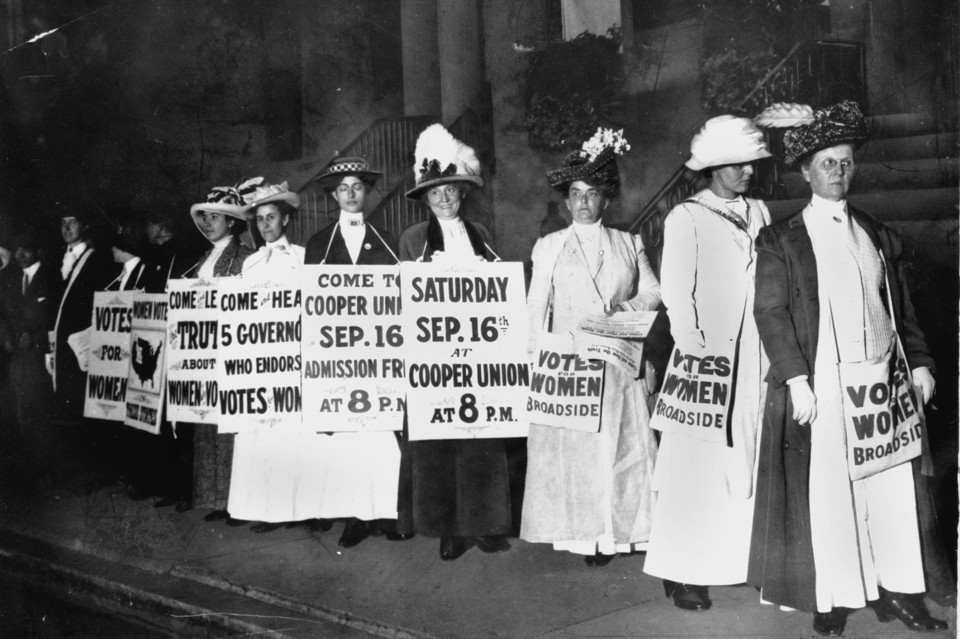Is This the End of the Crusade for Gender-Equal Curricula?
For decades, the push to acknowledge women’s contributions gained traction, but progress may have flatlined.

The book came in the mail without a jacket, its yellowed, crackling pages enveloped in stiff brown paper.
For Patricia Bell-Scott, it told a story that both eased her loneliness and changed the course of her life. This was the late 1960s, and Bell-Scott was among a handful of African American women undergraduate science majors on the recently desegregated University of Tennessee campus.
When she walked into her science classes, professors would swivel around to tell remind her of the course being taught in that room—“this is organic chemistry, this is microbiology.” None of the mostly white, male students wanted to be her lab partner—until they discovered that she could, in fact, do the work as well as or better than they could.
She spent most of her time learning about the ideas and contributions of people who didn’t look like her. Books about black women were hard to come by, but Bell-Scott, a student assistant in the library, knew where she might be able to find them. She began scouring catalogues of rare and out-of-print books and ordered Proud Shoes by the African American lawyer, priest, activist, and author Pauli Murray.
Which brings us back to those yellowing pages. Bell-Scott devoured Murray’s words, relishing the connections between them: They both came from working class, African American families. They were both bookworms who had at one point lived with grandparents. Suddenly, Bell-Scott saw her place not as a solitary woman on a college campus, but as next in a long line of historic black, female intellectuals. “I saw Pauli as a role model, and her work as an example of the kind of work I thought I could do,” says Bell-Scott, now an award-winning author and professor emerita of women’s studies and human development and family science at the University of Georgia. “I felt my whole sense of myself and my purpose took shape as a result of that experience.”
Part of that purpose: devoting her career to fighting for educational curricula that The Push for Gender-Inclusive Curricula Marches On - The Atlantic:
